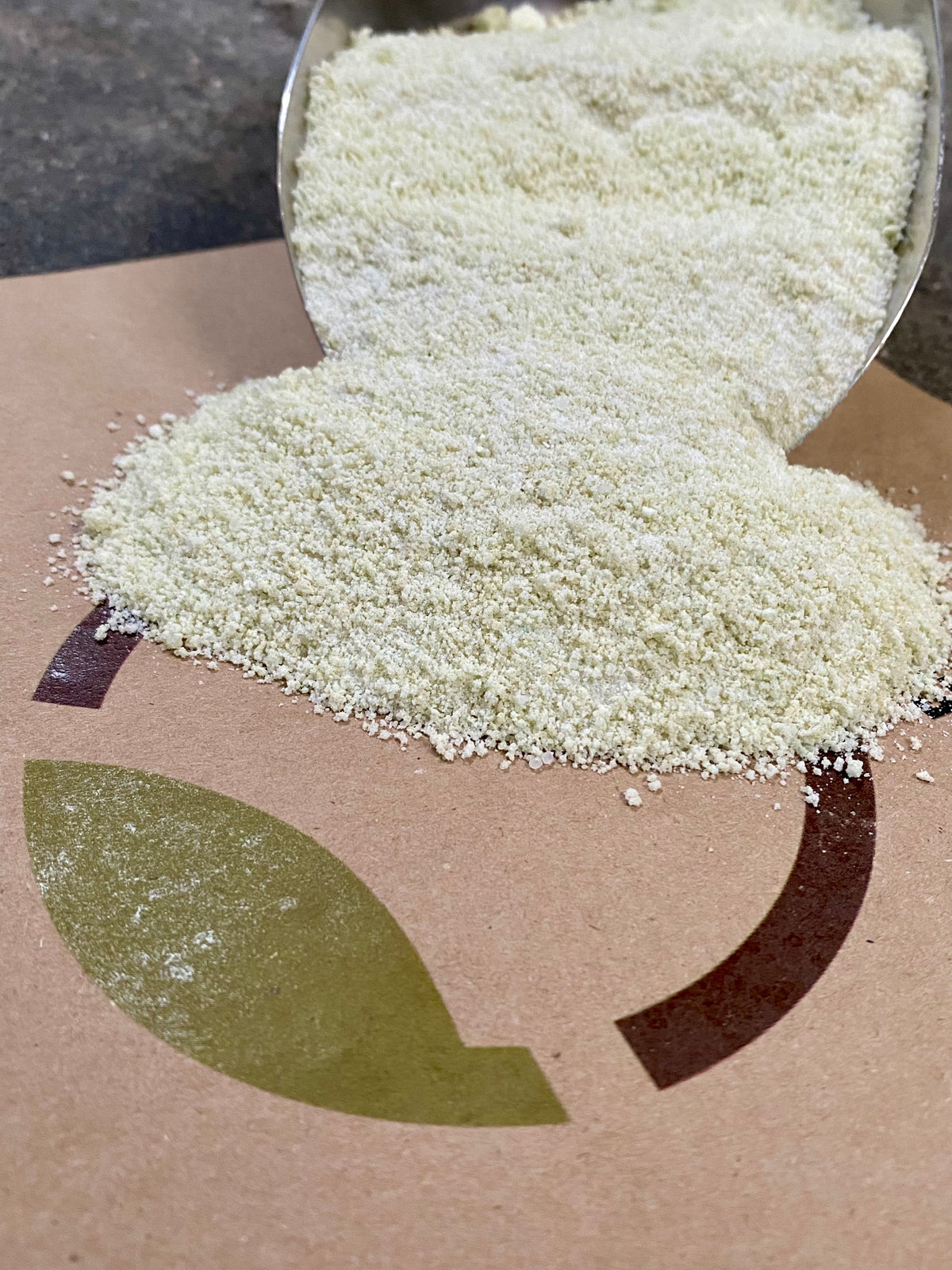Selecting the Best Fertilizers for Peppers: Expert Recommendations
Selecting the Best Fertilizers for Peppers: Expert Recommendations
Blog Article
Just How Plant Foods Play an Important Role in Cultivating Abundant and healthy and balanced Pepper Crops
Fertilizers work as the foundation of successful pepper cultivation, offering a strategic technique to nurturing the dirt and fostering optimal plant growth. The intricate dancing between vital nutrients and the pepper plants' physiological procedures highlights the critical function that fertilizers play in guaranteeing a bountiful harvest. From fueling robust origin growth to strengthening condition resistance, the influence of plant foods is far-ranging in the growing of rewarding and healthy pepper crops. Remain tuned to discover the nuanced methods which fertilizers contribute to the prospering of pepper plants and the sustainable techniques that underpin their efficacy.
Value of Nutrient-Rich Plant Foods
The utilization of nutrient-rich plant foods plays an essential function in enhancing the efficiency and quality of pepper plants in modern-day farming techniques. Nitrogen, potassium, and phosphorus are primary nutrients that are critical for the development and advancement of pepper plants.
Poor degrees of these nutrients can cause stunted growth, minimized yields, and susceptibility to diseases (best fertilizers for peppers). Nutrient-rich plant foods offer a targeted remedy to make sure that pepper plants receive the required components for optimum growth and performance. In addition, these plant foods assist boost soil fertility with time, creating a sustainable environment for long-lasting pepper farming
Enhancing Plant Growth and Advancement
To optimize plant growth and growth in pepper crops, critical application of nutrient-rich fertilizers is important. Fertilizers play a vital role in improving the overall health and wellness and productivity of pepper plants by providing them with crucial nutrients that might be doing not have in the dirt. Potassium, nitrogen, and phosphorus are key macronutrients called for in large amounts by peppers for durable growth. Nitrogen aids in leafed green development and general plant vigor, phosphorus sustains root growth and flower development, while potassium adds to illness resistance and fruit quality.
In addition to these macronutrients, micronutrients such as magnesium, iron, and zinc are likewise vital for the correct performance of various plant procedures. Iron, for circumstances, is necessary for chlorophyll manufacturing, which is important for photosynthesis and total plant growth. Zinc plays an important role in enzyme task and hormone synthesis, influencing plant growth and growth at a cellular degree. Magnesium is necessary for the formation of chlorophyll and total energy transfer within the plant.

Boosting Disease Resistance With Plant Foods
By strategically incorporating targeted fertilizers, farmers can bolster the disease resistance of pepper crops, guaranteeing ideal plant health and wellness and efficiency. Fertilizers consisting of necessary nutrients like nitrogen, phosphorus, and potassium play an important duty in reinforcing pepper plants' immune systems, making them extra resistant to different illness.

Optimizing Pepper Yield Via Fertilizing
Using a balanced fertilizing strategy is crucial to accomplishing maximum pepper return and making sure ideal crop performance. By giving peppers with the ideal nutrients at the ideal time, farmers can substantially improve their return capacity. Phosphorus, nitrogen, and potassium are important aspects for pepper development, with nitrogen helping in leaf and stem growth, phosphorus supporting origin growth and blossom development, and potassium advertising general plant wellness.
To optimize pepper yield, it is critical to carry out dirt tests to figure out existing vitamins and mineral levels and recognize any kind of deficiencies that discover this info here need to be resolved. Based on these results, farmers can create a tailored fertilization plan that fulfills the specific needs of their pepper crops. In addition, correct fertilization methods such as split applications throughout the expanding period can guarantee continual nutrient accessibility for the plants.

Lasting Plant Food Practices for Peppers
In thinking about sustainable fertilizer techniques for peppers, it is critical to concentrate on long-lasting soil wellness and ecological stewardship in conjunction with taking full advantage of crop performance. One crucial navigate to this website method is the use of natural plant foods such as compost, manure, or cover crops, which not just supply necessary nutrients to the peppers however also add to soil structure and microbial task. best fertilizers for peppers.
Furthermore, precision farming methods, such as soil screening and targeted nutrient applications, can assist enhance fertilizer use, ensuring that peppers obtain the nutrients they need without excess drainage right into rivers. This not only profits the atmosphere by decreasing pollution however likewise conserves prices for farmers by lessening waste. By adopting sustainable fertilizer methods, pepper farmers can secure the health and wellness of their crops, soil, and bordering environments for future generations.
Final Thought
Finally, fertilizers Read Full Article are crucial for growing plentiful and healthy and balanced pepper crops. best fertilizers for peppers. They offer required nutrients for plant growth and growth, boost disease resistance, and take full advantage of yield. By executing lasting plant food practices, farmers can guarantee the lasting health and wellness of their pepper plants and add to a more environmentally-friendly and effective farming system
The complex dancing in between important nutrients and the pepper plants' physiological procedures highlights the critical duty that fertilizers play in making certain an abundant harvest.To optimize plant development and development in pepper crops, strategic application of nutrient-rich plant foods is essential. Fertilizers play a critical role in improving the overall health and wellness and performance of pepper plants by providing them with necessary nutrients that might be lacking in the soil.By tactically including targeted fertilizers, farmers can boost the disease resistance of pepper crops, guaranteeing ideal plant wellness and performance. Fertilizers having important nutrients like phosphorus, potassium, and nitrogen play an essential function in reinforcing pepper plants' immune systems, making them more durable to different conditions.
Report this page